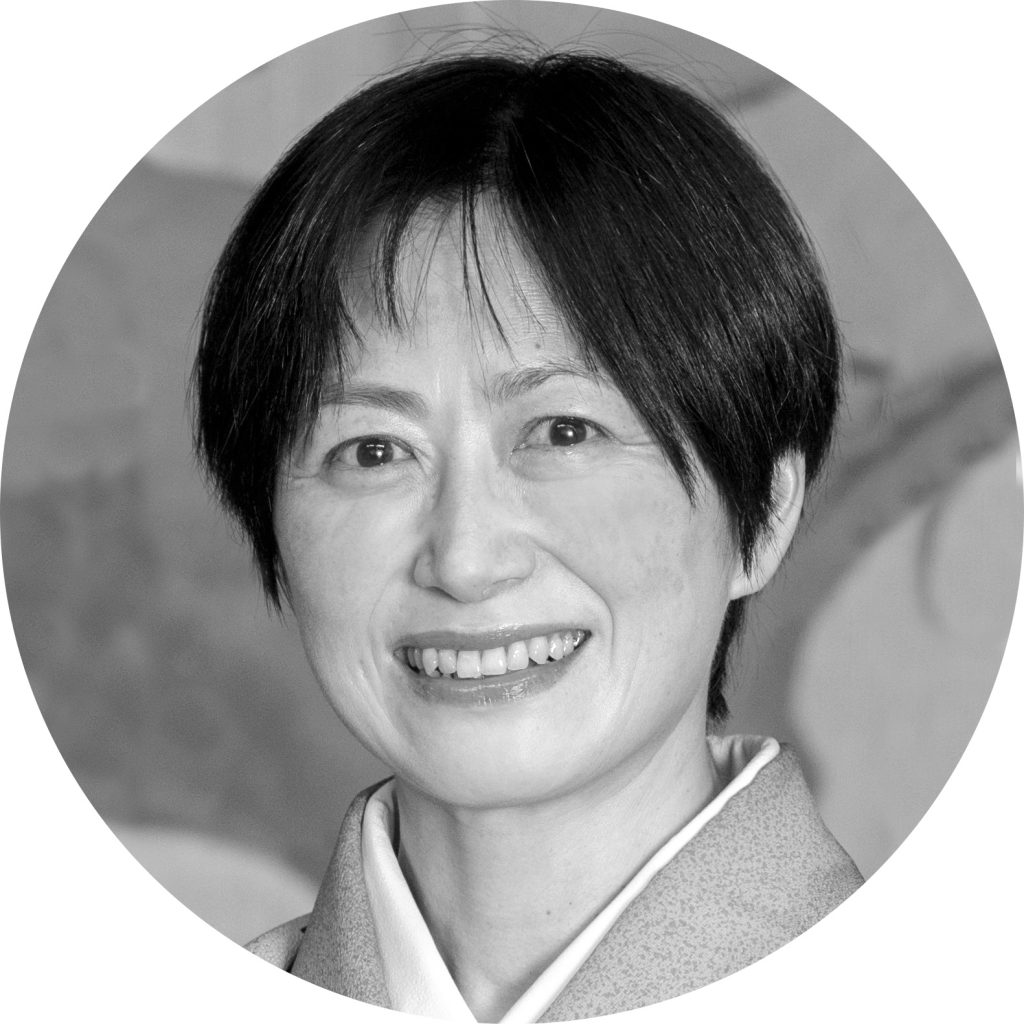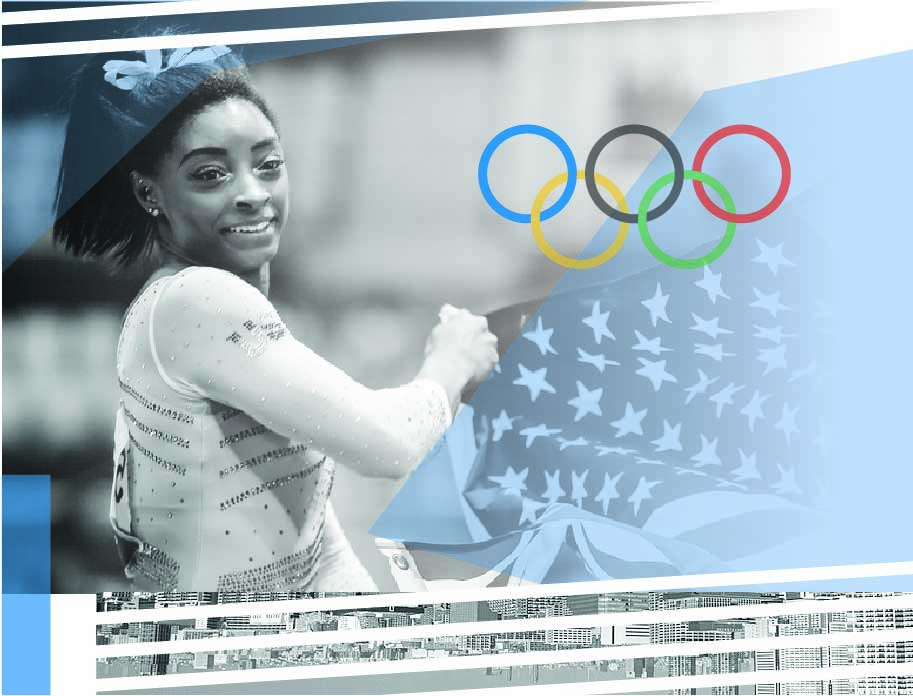
Maki Hirayama
Associate Professor in School of Arts and Letters at Meiji University at Tokyo. She studies sociology of sexuality with historical and international comparative perspectives. Her current interests include the background of sexual inactivity of the Japanese in the 21st century. Recent three essays are included in Japan through the Lens of Tokyo Olympics.

Section 1: Tokyo & Mega-Events
- Public relations as the key in the 2020 Tokyo Olympic and Paralympic Games
- Tokyo 2020, East Asian geopolitics and Olympic diplomacy
- Power sharing: Olympic sponsorship and the athlete’s personal brand
- The Tokyo 2020 Organizing Committee’s veil of effective public relations to help save itself and the start of the Games
- Host city and mega-events: Olympic legacy in Japan
- The rise of critical consciousness in Japan: An intangible and unintended legacy of the Tokyo 2020 Olympic Games
- The soft power of the Olympics in the age of Covid 19
- Tokyo 2020 Olympic Games, nationalism, identity and soft power
- The typhoon games
- Environmental leadership showcased in the Olympic Games
- Simone Biles and prioritizing athlete well-being
- How the female athletes of the Tokyo Olympics are reframing the way we think about motherhood
- Deliver a medal or apologize: A daunting task imposed on Japanese Olympians
- What happened to Rule 40 at Tokyo 2020?
- Cultural programming at Tokyo 2020: the impossible Olympic festival city?
- A green Olympic legacy for future generations?
- Lessons from Tokyo: the impact of the Paralympics in Japan
- Let’s play! Inspiring an inclusive mindset with a hands-on Paralympic experience for children and teenagers in Japan.
- The Olympic & Paralympic sponsorship without category exclusivity: Background of sponsorship exclusivity in Olympic and Paralympic Games (OPG)
- Counting cases, counting medals: Containing the Olympic contagion during the Tokyo Games
- The Olympic Games and ambush marketing via social media
- Pride and burden of striving for perfection at the Olympics
A video posted on Twitter of the Irish gymnast Rhys Macclenaghan jumping on his bed in the Olympic Village insisting that the news that the cardboard bed is an anti-sex bed is fake instantly attracted the attention of tens of millions of people. The intimacy and sexual activities of athletes within the Olympic Village have always been a subject of great interest to many people. In the 1988 Seoul Olympics, 8,500 condoms were first distributed in the Olympic Village. Since then, Olympians have been assumed to engage in sexual activities in the Village, and the distribution of condoms in large numbers has been a major discussion topic in most of the Olympic Games. Moreover, the media have been diligent in exposing the athletes’ secretive Olympic Village stories.
However, people’s interest in the sex life of athletes within the Village is much higher this time compared to all earlier Olympics Games. The following paragraphs present the background for this phenomenon.
In Tokyo 2020, athletes posted lively videos depicting village life and their opinions on various topics on social media, many through their own channels, for the first time, and these videos attracted considerable attention. Rhys’s video became much more viral than the text posted by Paul Chelimo, which was the first to claim that the village bed was an anti-sex bed, probably because the visual medium is more attractive than the text medium
Further, Rhys seems to train shirtless; however, if he had jumped on the bed wearing a shirt—similar to the videos posted by some other athletes—his video might have attracted less attention. The movement of his beautiful, trained, and shirtless body on the bed probably helped the audience to easily imagine Olympians’ behavior on the bed.
However, apart from these factors, the strong interest of people in the sex life of athletes in the Village is undoubtedly the result of the long and complex changes that have occurred in their own sex lives during the year and a half long COVID-19 pandemic.
Pandemics have had complex impacts on the sexual desires, relationships, and behaviors of people worldwide. First, many people reduced their sexual activities significantly. The survey in March-April 2020 in the U.S. found that many participants (43.5%) reported a decline in the quality of their sex life.
Second, the changes in people were extremely diverse. The survey in Austria and Germany in April 2020 found that the increase and decrease in the rate of the people who reported a desire to masturbate and the desire to have sex with a partner were about the same (21-25%).
In a survey by my own team in Japan in June 2020 and January 2021, more women were found to decrease sexual desire than men, and this gap caused disagreement among some couples.
Moreover, worldwide, most people have tried to accept monogamy. Many people recognize the value of deepening their relationships with a single partner, whereas others experience disagreements in the couple on various points. Further, the long duration of the pandemic caused many couples to stay together for long periods, which resulted in reduced interest in the partner. In as early as June 2020, the NYC-DOH recommended the adoption of a safe method to conduct online dating and sex parties; once vaccination became widespread, the hurdles for new encounters lowered. However, even today, competition exists between variants and vaccines, and many people remain vulnerable to the infection. Toward the beginning of the Tokyo Games, the people who had experienced various changes seemed uncertain about whether they should continue in monogamous relationships or move toward sexual liberation.
The Olympics athletes were asked to refrain from having any physical contact with each other and given 160,000 condoms just as souvenirs. They were required to leave the Village in 48 hours from the end of their final competition; therefore, they had very limited time to indulge in sexual activities. However, the athletes who had been dealing with much bigger concerns compared to those in previous Olympic Games probably had a great desire to release their tension at the end of their competitions. This made the Olympic Village a place where sexual encounters could occur at the largest scale and with the strongest desire ever, despite the limitations mentioned above.
Hence, Rhys’s jumps on the bed and the message the “Anti-sex bed is fake” might have awakened the sleeping desires of those experiencing a loss of desire or diminished satisfaction. His message might have made people anticipate a huge Olympic orgy. Moreover, the jumps seem to have amplified people’s indecision regarding whether to remain in monogamous relationships or rebel against it. Therefore, we should carefully monitor the pandemic’s impact on monogamous relationships during and after the pandemic period.

